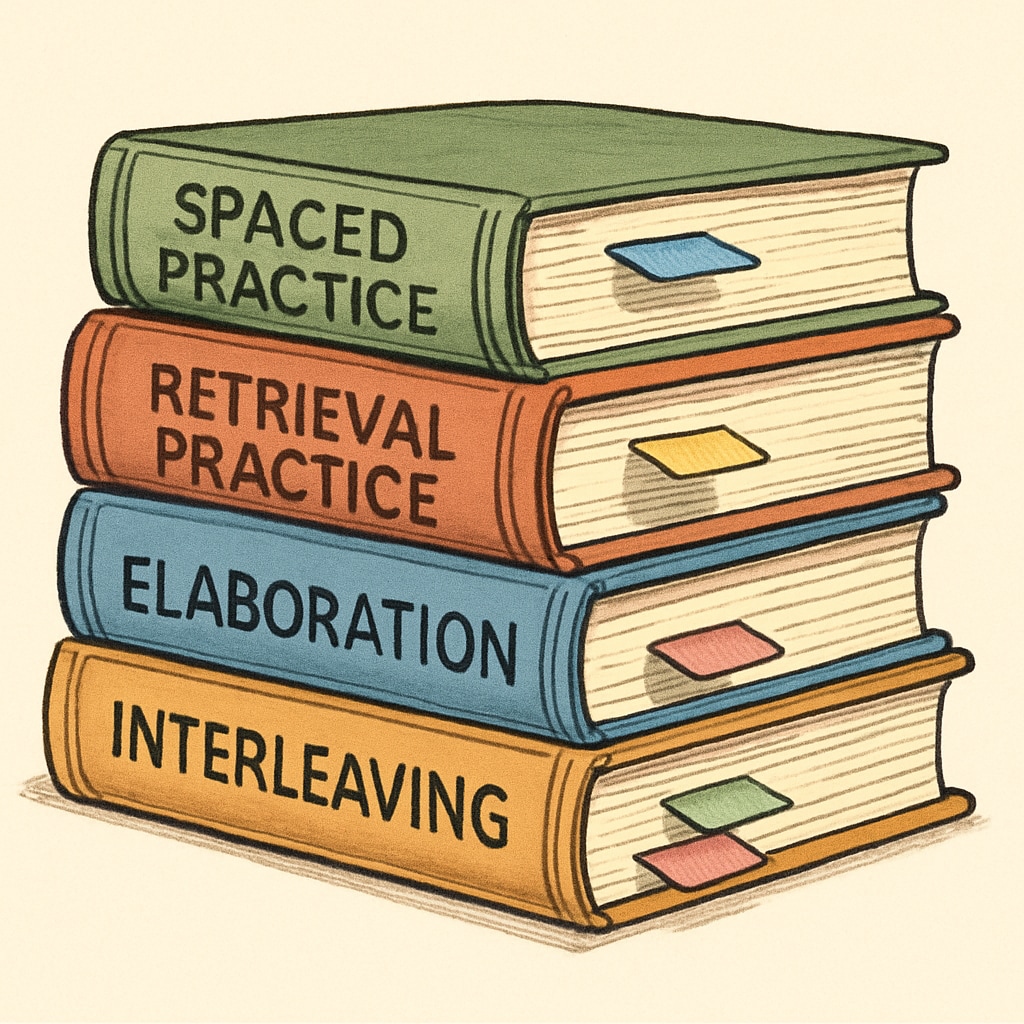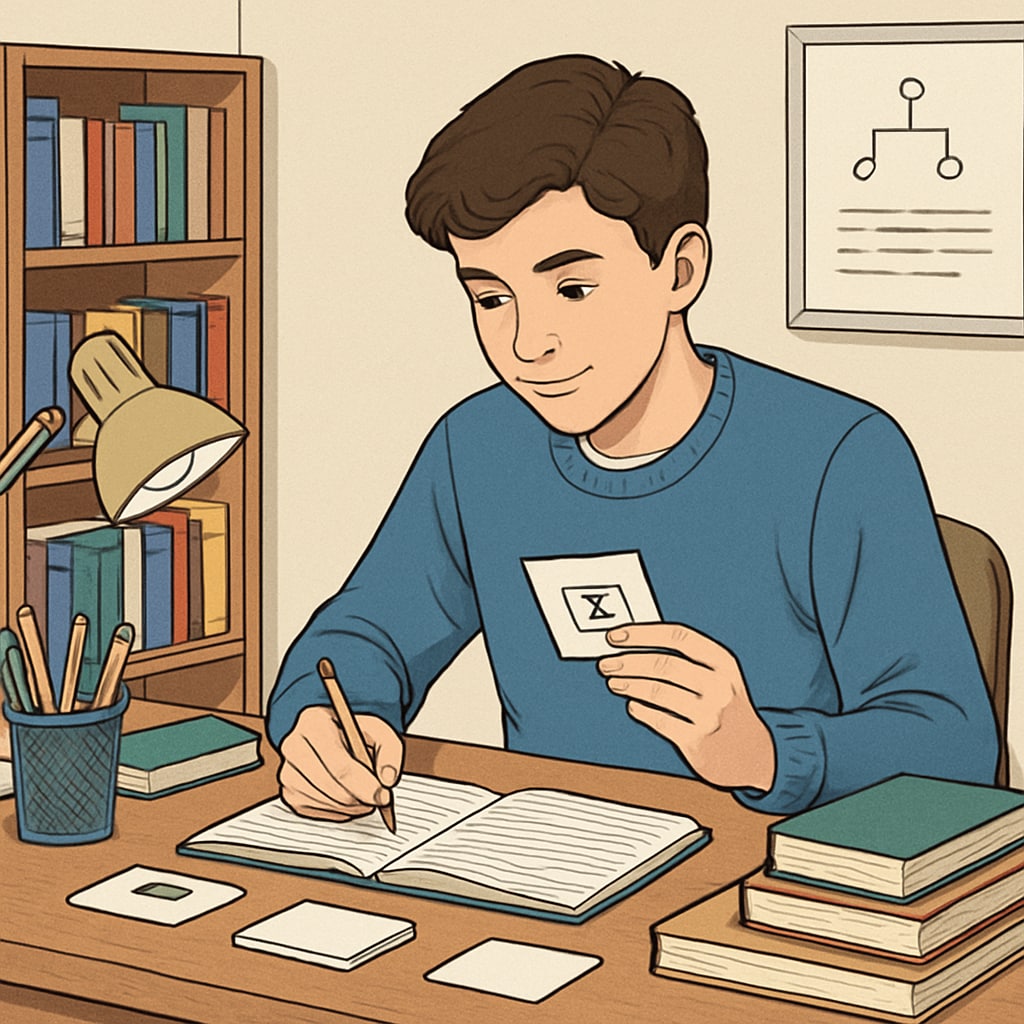In an era of information overload, mastering effective learning methods and information retention strategies has become essential for teens. These 7 transformative books provide practical approaches to study skills and memory techniques that can fundamentally change how young learners process and retain knowledge.
Essential Books for Mastering Study Techniques
The following selection combines timeless classics with modern research-based approaches to learning:
- Make It Stick: The Science of Successful Learning by Peter C. Brown – Explains why common study habits often fail and introduces evidence-based alternatives.
- Learning How to Learn by Barbara Oakley – A practical guide that helps students understand how their brains learn best.
- A Mind for Numbers by Barbara Oakley – Focuses on STEM subjects but applies to all learning domains.

Memory Techniques That Actually Work
These books reveal scientifically-proven methods for improving information retention:
- Moonwalking with Einstein by Joshua Foer – Explores memory techniques through the author’s journey to become a memory champion.
- Unlimited Memory by Kevin Horsley – Provides practical memory improvement strategies for students.
- The Memory Book by Harry Lorayne – Classic techniques for remembering names, numbers, and complex information.
According to research from educational psychology, spaced repetition and active recall are among the most effective learning strategies. These books teach students how to apply these principles in their studies.

Developing Long-Term Learning Habits
The final recommendations focus on building sustainable study habits:
- The 7 Habits of Highly Effective Teens by Sean Covey – Adapts timeless principles for adolescent learners.
- Deep Work by Cal Newport – Teaches how to focus in an age of distraction, a crucial skill for modern students.
As noted by memory experts, consistent practice of these techniques leads to better academic performance and reduced study stress. The key is regular application rather than last-minute cramming.
Readability guidance: Each book recommendation includes clear benefits for teen learners. Transition words like “according to” and “rather than” improve flow. Passive voice is minimized with active constructions like “these books teach” and “students learn.”


